Κάθε τρόφιμο είναι μοναδικό με τις δικές του ιδιότητες, αλλά αν τα συνδυάσουμε όλα μαζί, θα λάβουμε ένα εντελώς διαφορετικό προϊόν. Αυτή είναι η μαγεία των μαγειρικών αντιδράσεων! Ο κύριος λόγος γι’ αυτό είναι οι αλλαγές στη μικροβιολογική, περιβαλλοντική (π.χ. θερμοκρασίες) και χημική σύσταση των τροφίμων. Και επειδή όλα τα τρόφιμα περνούν από πολλές διαδικασίες, σήμερα επέλεξα να αναλύσω τις δύο κύριες κατηγορίες επεξεργασίας τροφίμων :
Στην κουζίνα μας, συνήθως χρησιμοποιούμε τρεις βασικές θερμικές επεξεργασίες: 1) βράσιμο, 2) τηγάνισμα, 3) ψήσιμο-καψάλισμα. Αυτοί οι τύποι επεξεργασιών πραγματοποιούνται κάτω από τους 100°C και βοηθούν όχι μόνο να κάνετε το φαγητό σας πιο νόστιμο, αλλά και πιο ασφαλές. Αυτό συμβαίνει διότι εξαλείφουν έναν μεγάλο αριθμό παθογόνων μικροοργανισμών που μπορεί να προκαλέσουν σοβαρά προβλήματα υγείας στους ανθρώπους. Ένα από τα καλύτερα και πιο γνωστά παραδείγματα είναι η Σαλμονέλα. Αυτός ο τύπος μικροοργανισμού μπορούμε να τον βρούμε εύκολα σε φρέσκα τρόφιμα, όπως αυγά και κρέας. Ο λόγος που μπορούμε να καταστρέψουμε τη σαλμονέλα με οποιαδήποτε θερμική επεξεργασία κάτω από τους 100°C είναι ότι η σαλμονέλα δεν έχει μεγάλη ανθεκτικότητα στη θερμότητα.
Η αποστείρωση είναι μια πιο έντονη θερμική διαδικασία από την παστερίωση, καθώς χρησιμοποιεί υψηλότερες θερμοκρασίες πάνω από 100°C για να καταστρέψει ή να εξαλείψει όλες τις μορφές μικροβιακής ζωής. Ωστόσο, ως αποτέλεσμα αυτής της διαδικασίας, χάνονται και τα ευεργετικά μικρόβια, όχι μόνο τα παθογόνα. Επιπλέον, το φαγητό χάνει την θρεπτική του αξία για τον άνθρωπο, καθιστώντας το λιγότερο ωφέλιμο για την υγεία.
Τέλος, το ζεμάτισμα είναι μια βιομηχανική εκδοχή του βρασμού στο σπίτι . Ο κύριος λόγος που χρησιμοποιείται είναι για να αποφεύγεται η καταστροφή των ενδογενών ενζύμων όταν το τρόφιμο εκτίθεται σε υψηλές θερμοκρασίες. Χρησιμοποιείται κυρίως για τα λαχανικά πριν από την κονσερβοποίηση ή την κατάψυξη.
Στη βιομηχανία τροφίμων, υπάρχουν δύο κύριοι τύποι διαδικασιών κατάψυξης: 1) αργή κατάψυξη, 2) γρήγορη κατάψυξη. Η πρώτη είναι η συνήθης κατάψυξη που χρησιμοποιούμε στα σπίτια μας, αλλά έχει λιγότερα οφέλη σε σχέση με την γρήγορη μέθοδο. Αυτό συμβαίνει γιατί προκαλεί λιγότερη ζημιά στις μεμβράνες των τροφίμων και, ως εκ τούτου, η ποιότητα του φαγητού παραμένει καλύτερη. Στην αργή κατάψυξη, το τρόφιμο αλλοιώνεται περισσότερο, καθώς το νερό που υπάρχει εσωτερικά σε κάθε τρόφιμο μετατρέπεται σε κρυστάλλους πάγου στην εξωτερική πλευρά των κυττάρων, κάτι που προκαλεί ανεπιθύμητο αποτέλεσμα στη βιομηχανία τροφίμων. Ως αποτέλεσμα, οι μεμβράνες των κυττάρων καταστρέφονται και έτσι η ποιότητα του κατεψυγμένου φαγητού υποβαθμίζεται.
Στην γρήγορη ή ταχεία κατάψυξη, υπάρχει μια ισορροπία μεταξύ των κρυστάλλων πάγου, καθώς δημιουργούνται ταυτόχρονα μέσα και έξω από τις μεμβράνες των κυττάρων, σχηματίζοντας μικρο-ετερογενείς κρυστάλλους πάγου ομοιόμορφα.
Συμπερασματικά, ένας κανόνας που πρέπει να θυμόμαστε στις διαδικασίες κατάψυξης είναι:
[{"id":930,"link":"https:\/\/sweetlabchronicles.com\/%ce%b3%ce%b9%ce%b1%cf%84%ce%af-%ce%bf%ce%b9-%cf%86%cf%85%cf%84%ce%b9%ce%ba%ce%ad%cf%82-%ce%af%ce%bd%ce%b5%cf%82-%ce%b5%ce%af%ce%bd%ce%b1%ce%b9-%cf%83%ce%b7%ce%bc%ce%b1%ce%bd%cf%84%ce%b9%ce%ba%ce%ad\/","name":"%ce%b3%ce%b9%ce%b1%cf%84%ce%af-%ce%bf%ce%b9-%cf%86%cf%85%cf%84%ce%b9%ce%ba%ce%ad%cf%82-%ce%af%ce%bd%ce%b5%cf%82-%ce%b5%ce%af%ce%bd%ce%b1%ce%b9-%cf%83%ce%b7%ce%bc%ce%b1%ce%bd%cf%84%ce%b9%ce%ba%ce%ad","thumbnail":{"url":"https:\/\/sweetlabchronicles.com\/wp-content\/uploads\/2025\/04\/pexels-foodie-factor-162291-543730.jpg","alt":""},"title":"\u0393\u03b9\u03b1\u03c4\u03af \u03bf\u03b9 \u03c6\u03c5\u03c4\u03b9\u03ba\u03ad\u03c2 \u03af\u03bd\u03b5\u03c2 \u03b5\u03af\u03bd\u03b1\u03b9 \u03c3\u03b7\u03bc\u03b1\u03bd\u03c4\u03b9\u03ba\u03ad\u03c2 \u03c3\u03c4\u03b7 \u03b4\u03b9\u03b1\u03c4\u03c1\u03bf\u03c6\u03ae \u03bc\u03b1\u03c2;","author":{"name":"Argyro","link":"https:\/\/sweetlabchronicles.com\/author\/argyro\/"},"date":"Apr 26, 2025","dateGMT":"2025-04-26 07:58:59","modifiedDate":"2025-04-26 08:11:30","modifiedDateGMT":"2025-04-26 08:11:30","commentCount":"0","commentStatus":"open","categories":{"coma":"<a href=\"https:\/\/sweetlabchronicles.com\/category\/food-science\/\" rel=\"category tag\">\u0395\u03c0\u03b9\u03c3\u03c4\u03ae\u03bc\u03b7 \u03a4\u03c1\u03bf\u03c6\u03af\u03bc\u03c9\u03bd<\/a>, <a href=\"https:\/\/sweetlabchronicles.com\/category\/food-science\/food-chemistry\/\" rel=\"category tag\">\u03a7\u03b7\u03bc\u03b5\u03af\u03b1 \u03a4\u03c1\u03bf\u03c6\u03af\u03bc\u03c9\u03bd<\/a>","space":"<a href=\"https:\/\/sweetlabchronicles.com\/category\/food-science\/\" rel=\"category tag\">\u0395\u03c0\u03b9\u03c3\u03c4\u03ae\u03bc\u03b7 \u03a4\u03c1\u03bf\u03c6\u03af\u03bc\u03c9\u03bd<\/a> <a href=\"https:\/\/sweetlabchronicles.com\/category\/food-science\/food-chemistry\/\" rel=\"category tag\">\u03a7\u03b7\u03bc\u03b5\u03af\u03b1 \u03a4\u03c1\u03bf\u03c6\u03af\u03bc\u03c9\u03bd<\/a>"},"taxonomies":{"post_tag":""},"readTime":{"min":1,"sec":10},"status":"publish","excerpt":""},{"id":913,"link":"https:\/\/sweetlabchronicles.com\/%cf%84%ce%bf-%ce%bc%ce%ad%ce%bb%ce%b9-%cf%80%ce%bf%cf%85-%ce%ba%ce%b1%cf%84%ce%b1%ce%bd%ce%b1%ce%bb%cf%8e%ce%bd%ce%b5%cf%84%ce%b5-%ce%b5%ce%af%ce%bd%ce%b1%ce%b9-%ce%b3%ce%bd%ce%ae%cf%83%ce%b9%ce%bf\/","name":"%cf%84%ce%bf-%ce%bc%ce%ad%ce%bb%ce%b9-%cf%80%ce%bf%cf%85-%ce%ba%ce%b1%cf%84%ce%b1%ce%bd%ce%b1%ce%bb%cf%8e%ce%bd%ce%b5%cf%84%ce%b5-%ce%b5%ce%af%ce%bd%ce%b1%ce%b9-%ce%b3%ce%bd%ce%ae%cf%83%ce%b9%ce%bf","thumbnail":{"url":"https:\/\/sweetlabchronicles.com\/wp-content\/uploads\/2025\/03\/pexels-pixabay-302163.jpg","alt":""},"title":"\u03a4\u03bf \u039c\u03ad\u03bb\u03b9 \u03c0\u03bf\u03c5 \u039a\u03b1\u03c4\u03b1\u03bd\u03b1\u03bb\u03ce\u03bd\u03b5\u03c4\u03b5 \u0395\u03af\u03bd\u03b1\u03b9 \u0393\u03bd\u03ae\u03c3\u03b9\u03bf; \u0394\u03b5\u03af\u03c4\u03b5 \u03a0\u03ce\u03c2 \u03bd\u03b1 \u03c4\u03bf \u0395\u03bb\u03ad\u03b3\u03be\u03b5\u03c4\u03b5","author":{"name":"Argyro","link":"https:\/\/sweetlabchronicles.com\/author\/argyro\/"},"date":"Mar 7, 2025","dateGMT":"2025-03-07 18:44:10","modifiedDate":"2025-03-19 17:15:27","modifiedDateGMT":"2025-03-19 17:15:27","commentCount":"0","commentStatus":"open","categories":{"coma":"<a href=\"https:\/\/sweetlabchronicles.com\/category\/food-science\/\" rel=\"category tag\">\u0395\u03c0\u03b9\u03c3\u03c4\u03ae\u03bc\u03b7 \u03a4\u03c1\u03bf\u03c6\u03af\u03bc\u03c9\u03bd<\/a>","space":"<a href=\"https:\/\/sweetlabchronicles.com\/category\/food-science\/\" rel=\"category tag\">\u0395\u03c0\u03b9\u03c3\u03c4\u03ae\u03bc\u03b7 \u03a4\u03c1\u03bf\u03c6\u03af\u03bc\u03c9\u03bd<\/a>"},"taxonomies":{"post_tag":""},"readTime":{"min":3,"sec":16},"status":"publish","excerpt":""},{"id":865,"link":"https:\/\/sweetlabchronicles.com\/%ce%b5%cf%80%ce%bf%cf%87%ce%b9%ce%b1%ce%ba%ce%ac-%cf%86%cf%81%ce%bf%cf%8d%cf%84%ce%b1-%ce%bb%ce%b1%cf%87%ce%b1%ce%bd%ce%b9%ce%ba%ce%ac-%ce%ba%ce%bb%ce%b5%ce%b9%ce%b4%ce%af-%ce%b3%ce%b9%ce%b1\/","name":"%ce%b5%cf%80%ce%bf%cf%87%ce%b9%ce%b1%ce%ba%ce%ac-%cf%86%cf%81%ce%bf%cf%8d%cf%84%ce%b1-%ce%bb%ce%b1%cf%87%ce%b1%ce%bd%ce%b9%ce%ba%ce%ac-%ce%ba%ce%bb%ce%b5%ce%b9%ce%b4%ce%af-%ce%b3%ce%b9%ce%b1","thumbnail":{"url":"https:\/\/sweetlabchronicles.com\/wp-content\/uploads\/2025\/02\/pexels-janetrangdoan-11286781.jpg","alt":""},"title":"\u0395\u03c0\u03bf\u03c7\u03b9\u03b1\u03ba\u03ac \u03a6\u03c1\u03bf\u03cd\u03c4\u03b1-\u039b\u03b1\u03c7\u03b1\u03bd\u03b9\u03ba\u03ac : \u00a0\u039a\u03bb\u03b5\u03b9\u03b4\u03af \u03b3\u03b9\u03b1 \u03bc\u03b9\u03b1 \u03b9\u03c3\u03bf\u03c1\u03c1\u03bf\u03c0\u03b7\u03bc\u03ad\u03bd\u03b7 \u03b4\u03b9\u03b1\u03c4\u03c1\u03bf\u03c6\u03ae","author":{"name":"Argyro","link":"https:\/\/sweetlabchronicles.com\/author\/argyro\/"},"date":"Feb 14, 2025","dateGMT":"2025-02-14 12:12:12","modifiedDate":"2025-02-21 09:53:07","modifiedDateGMT":"2025-02-21 09:53:07","commentCount":"0","commentStatus":"open","categories":{"coma":"<a href=\"https:\/\/sweetlabchronicles.com\/category\/food-science\/\" rel=\"category tag\">\u0395\u03c0\u03b9\u03c3\u03c4\u03ae\u03bc\u03b7 \u03a4\u03c1\u03bf\u03c6\u03af\u03bc\u03c9\u03bd<\/a>","space":"<a href=\"https:\/\/sweetlabchronicles.com\/category\/food-science\/\" rel=\"category tag\">\u0395\u03c0\u03b9\u03c3\u03c4\u03ae\u03bc\u03b7 \u03a4\u03c1\u03bf\u03c6\u03af\u03bc\u03c9\u03bd<\/a>"},"taxonomies":{"post_tag":""},"readTime":{"min":4,"sec":17},"status":"publish","excerpt":""},{"id":336,"link":"https:\/\/sweetlabchronicles.com\/chemical-and-microbiological-reactions-behind-every-cooking-process\/","name":"chemical-and-microbiological-reactions-behind-every-cooking-process","thumbnail":{"url":"https:\/\/sweetlabchronicles.com\/wp-content\/uploads\/2024\/03\/pexels-cottonbro-studio-3298637-2-scaled.jpg","alt":""},"title":"\u0392\u03b1\u03c3\u03b9\u03ba\u03ad\u03c2 \u03c7\u03b7\u03bc\u03b9\u03ba\u03ad\u03c2 \u03ba\u03b1\u03b9 \u03bc\u03b9\u03ba\u03c1\u03bf\u03b2\u03b9\u03bf\u03bb\u03bf\u03b3\u03b9\u03ba\u03ad\u03c2 \u03b1\u03bd\u03c4\u03b9\u03b4\u03c1\u03ac\u03c3\u03b5\u03b9\u03c2 \u03c3\u03c4\u03bf \u03bc\u03b1\u03b3\u03b5\u03af\u03c1\u03b5\u03bc\u03b1","author":{"name":"Argyro","link":"https:\/\/sweetlabchronicles.com\/author\/argyro\/"},"date":"May 16, 2024","dateGMT":"2024-05-16 10:48:33","modifiedDate":"2024-12-31 09:07:56","modifiedDateGMT":"2024-12-31 09:07:56","commentCount":"0","commentStatus":"open","categories":{"coma":"<a href=\"https:\/\/sweetlabchronicles.com\/category\/food-science\/\" rel=\"category tag\">\u0395\u03c0\u03b9\u03c3\u03c4\u03ae\u03bc\u03b7 \u03a4\u03c1\u03bf\u03c6\u03af\u03bc\u03c9\u03bd<\/a>","space":"<a href=\"https:\/\/sweetlabchronicles.com\/category\/food-science\/\" rel=\"category tag\">\u0395\u03c0\u03b9\u03c3\u03c4\u03ae\u03bc\u03b7 \u03a4\u03c1\u03bf\u03c6\u03af\u03bc\u03c9\u03bd<\/a>"},"taxonomies":{"post_tag":""},"readTime":{"min":4,"sec":0},"status":"publish","excerpt":""},{"id":231,"link":"https:\/\/sweetlabchronicles.com\/chemistry-in-our-everyday-life\/","name":"chemistry-in-our-everyday-life","thumbnail":{"url":"https:\/\/sweetlabchronicles.com\/wp-content\/uploads\/2024\/04\/2163ef9e7c6034e2fe2f33c893d208844c79b52fe9f9eda9ffed74b1d33e8a51-1.jpg","alt":""},"title":"\u03a7\u03b7\u03bc\u03b5\u03af\u03b1 \u03c3\u03c4\u03b7\u03bd \u03ba\u03b1\u03b8\u03b7\u03bc\u03b5\u03c1\u03b9\u03bd\u03ae \u03bc\u03b1\u03c2 \u03b6\u03c9\u03ae!","author":{"name":"Argyro","link":"https:\/\/sweetlabchronicles.com\/author\/argyro\/"},"date":"Apr 4, 2024","dateGMT":"2024-04-04 09:38:57","modifiedDate":"2024-12-31 09:30:44","modifiedDateGMT":"2024-12-31 09:30:44","commentCount":"0","commentStatus":"open","categories":{"coma":"<a href=\"https:\/\/sweetlabchronicles.com\/category\/food-science\/\" rel=\"category tag\">\u0395\u03c0\u03b9\u03c3\u03c4\u03ae\u03bc\u03b7 \u03a4\u03c1\u03bf\u03c6\u03af\u03bc\u03c9\u03bd<\/a>, <a href=\"https:\/\/sweetlabchronicles.com\/category\/food-science\/food-chemistry\/\" rel=\"category tag\">\u03a7\u03b7\u03bc\u03b5\u03af\u03b1 \u03a4\u03c1\u03bf\u03c6\u03af\u03bc\u03c9\u03bd<\/a>","space":"<a href=\"https:\/\/sweetlabchronicles.com\/category\/food-science\/\" rel=\"category tag\">\u0395\u03c0\u03b9\u03c3\u03c4\u03ae\u03bc\u03b7 \u03a4\u03c1\u03bf\u03c6\u03af\u03bc\u03c9\u03bd<\/a> <a href=\"https:\/\/sweetlabchronicles.com\/category\/food-science\/food-chemistry\/\" rel=\"category tag\">\u03a7\u03b7\u03bc\u03b5\u03af\u03b1 \u03a4\u03c1\u03bf\u03c6\u03af\u03bc\u03c9\u03bd<\/a>"},"taxonomies":{"post_tag":""},"readTime":{"min":4,"sec":6},"status":"publish","excerpt":""}]
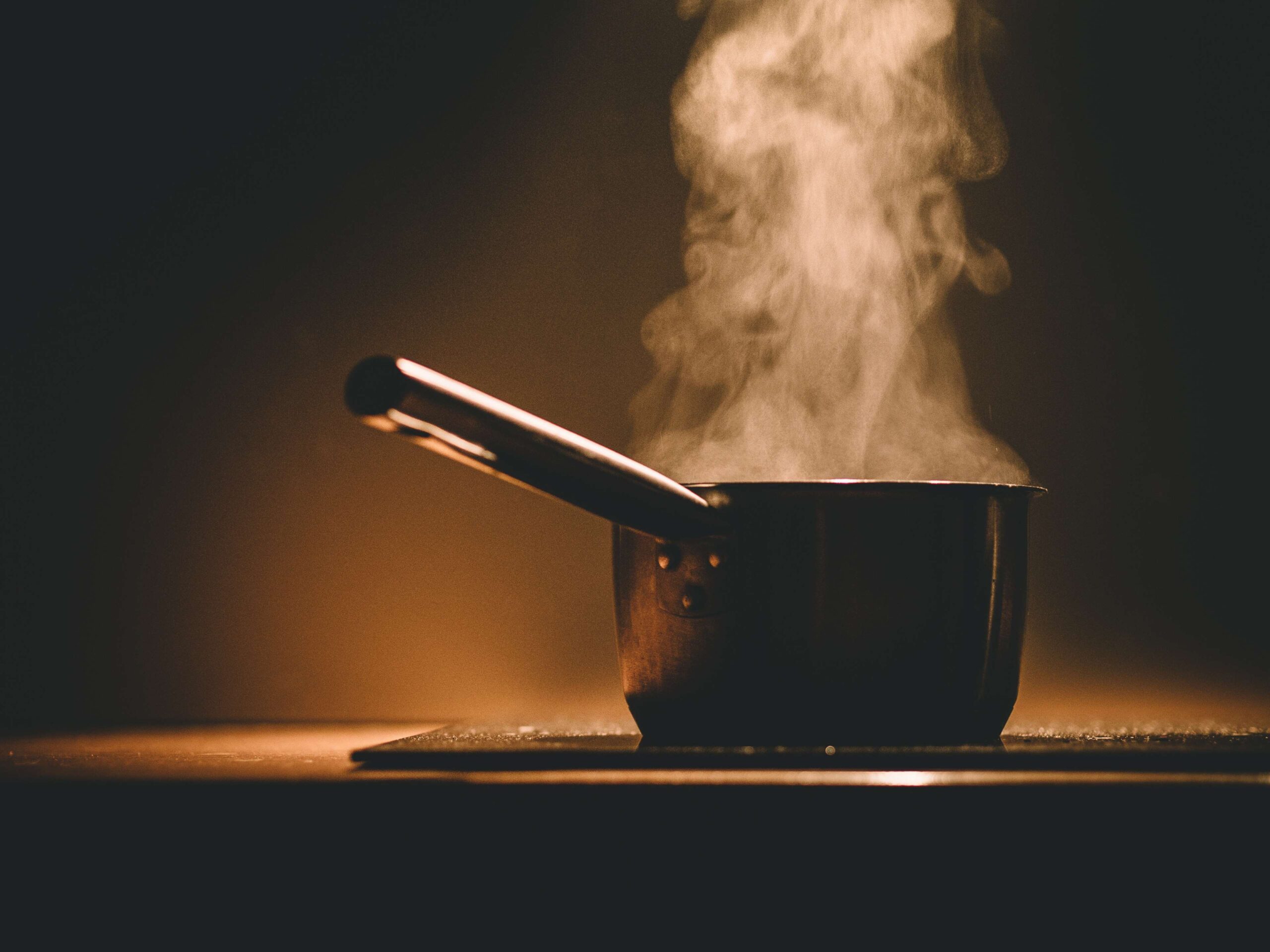
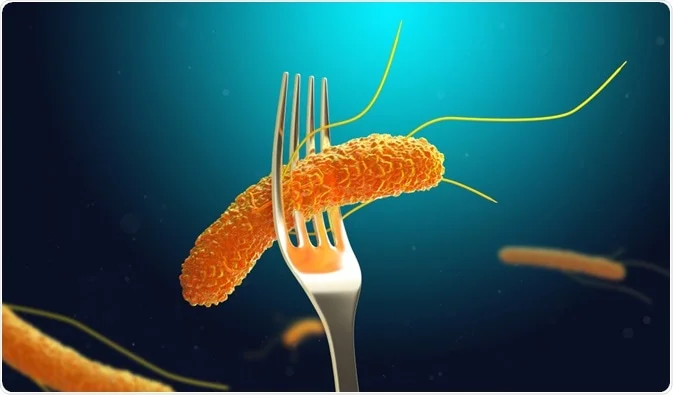
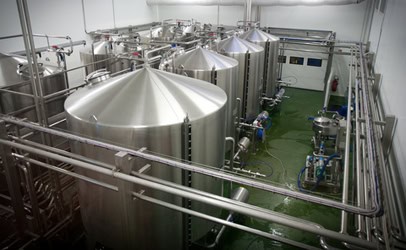 Η παστερίωση είναι μια θερμική διαδικασία που χρησιμοποιεί ήπιες θερμοκρασίες κάτω από τους 100°C για μικρό χρονικό διάστημα, με σκοπό την εξόντωση των παθογόνων μικροοργανισμών και την παράταση της διάρκειας ζωής των τροφίμων. Συνήθως εφαρμόζεται σε προϊόντα όπως το γάλα και οι χυμοί φρούτων.
Η παστερίωση είναι μια θερμική διαδικασία που χρησιμοποιεί ήπιες θερμοκρασίες κάτω από τους 100°C για μικρό χρονικό διάστημα, με σκοπό την εξόντωση των παθογόνων μικροοργανισμών και την παράταση της διάρκειας ζωής των τροφίμων. Συνήθως εφαρμόζεται σε προϊόντα όπως το γάλα και οι χυμοί φρούτων.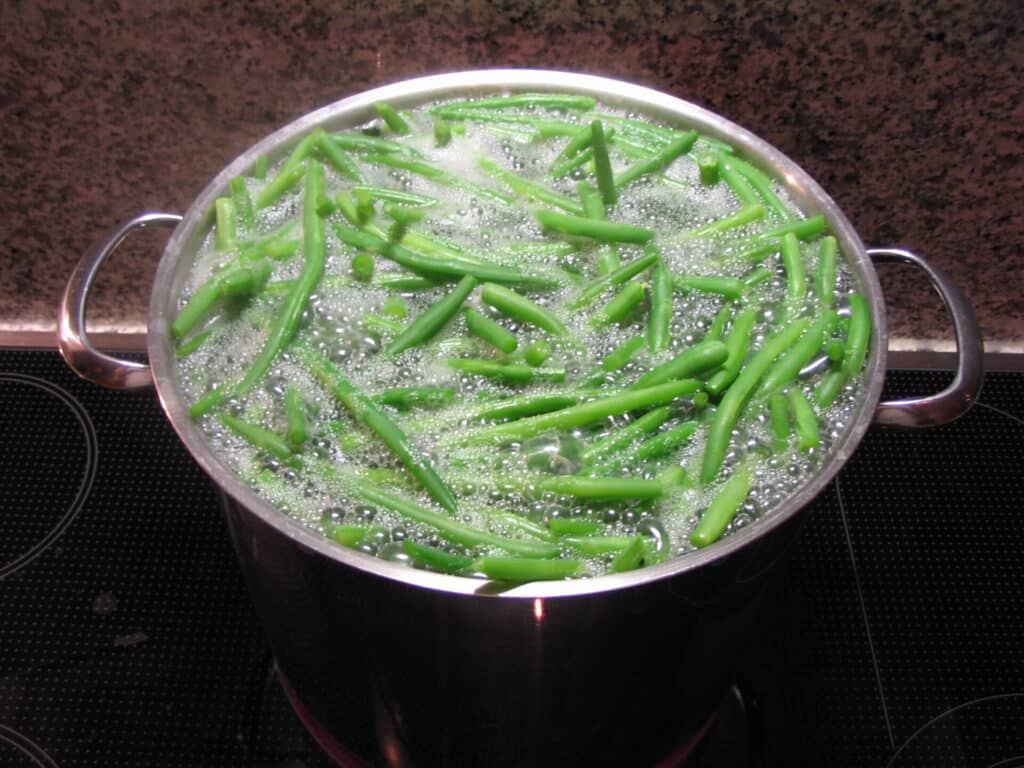
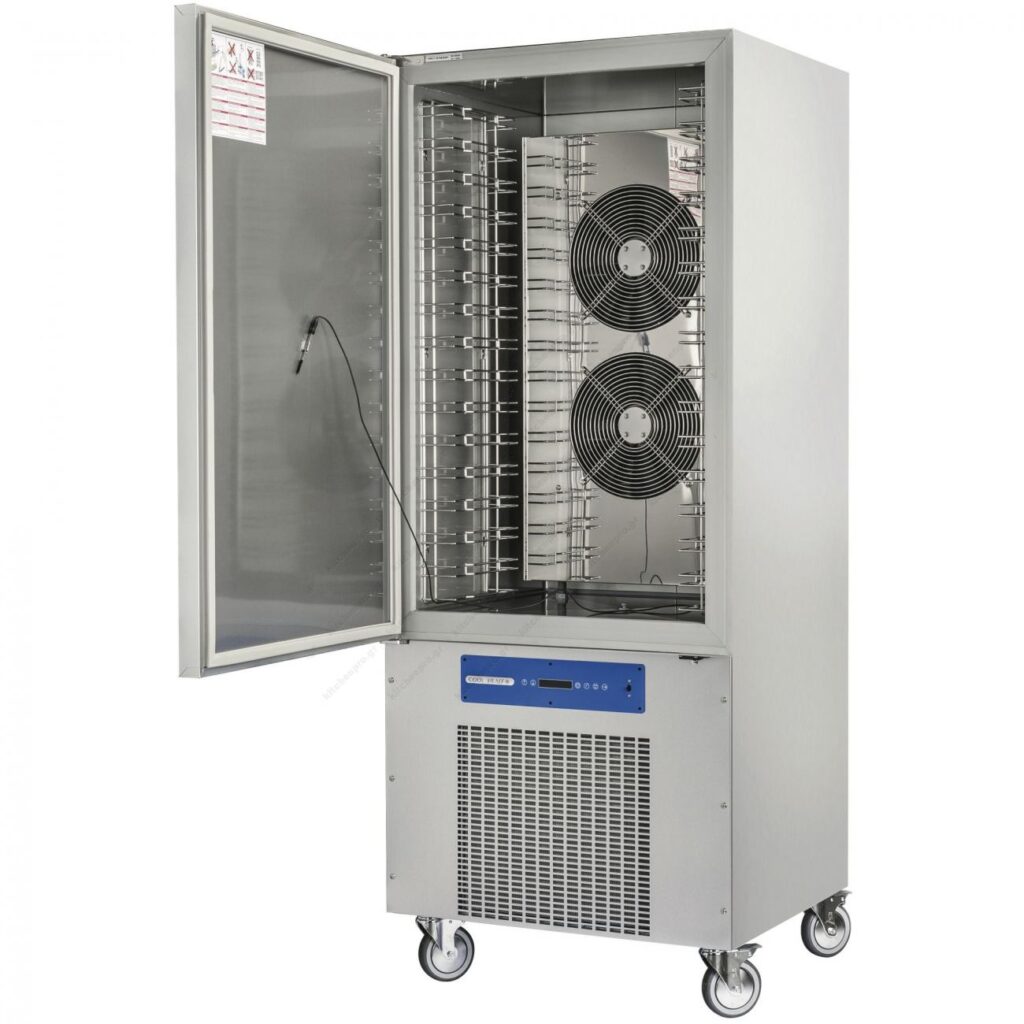



Leave a Reply